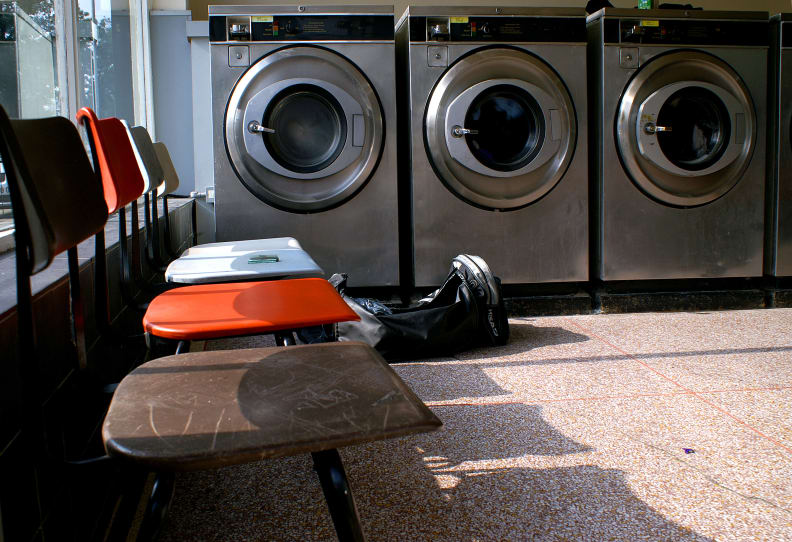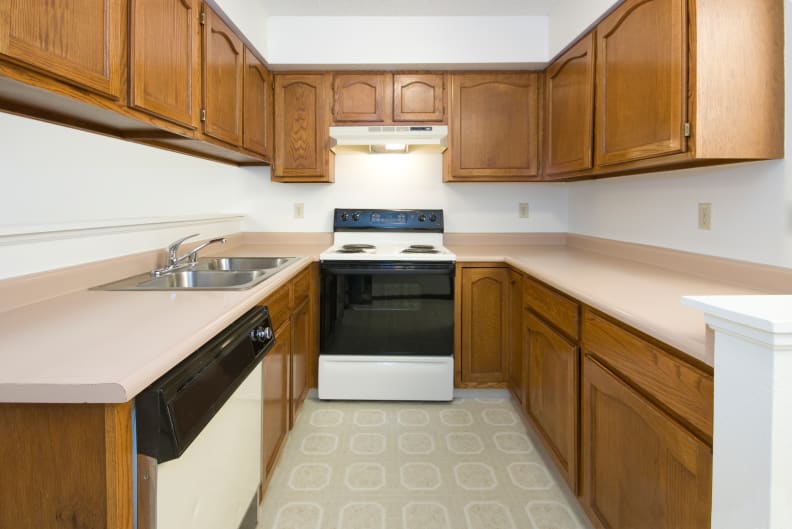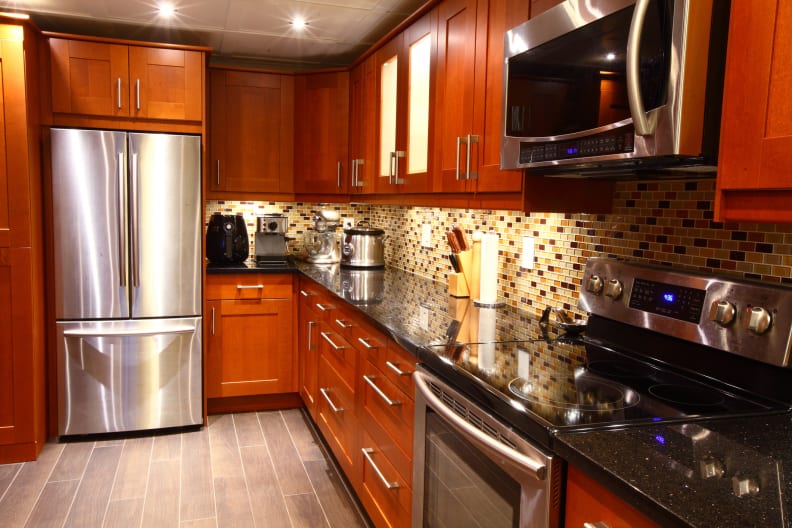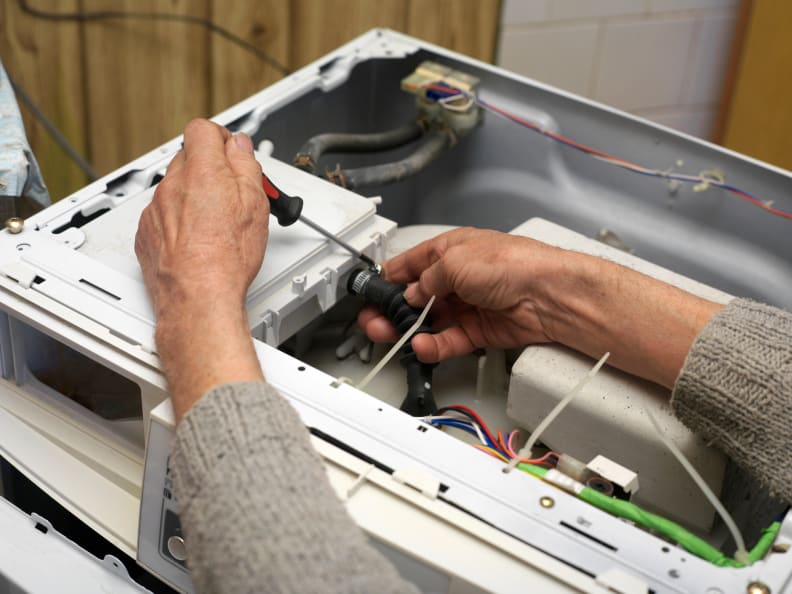Will it cost you more to repair or replace your broken appliance?
It's best to find out before your appliance dies.
 Credit:
Credit:
Recommendations are independently chosen by Reviewed's editors. Purchases made through the links below may earn us and our publishing partners a commission. Prices were accurate at the time this article was published but may change over time.
So you’re starting to notice the tell-tale signs that your appliances are about to die. Your fridge is rattling, your washing machine is leaking, or your oven isn’t closing properly.
Now it’s time to decide whether it’s worth it to pay for a repair or if it’s smarter to just buy a replacement. We talked to Tim Adkisson, former director of product engineering for Sears Home Services and current director of quality assurance and vendor management at Allstate, to find out when it’s worth it to repair or replace.
At Sears, Adkisson managed more than 5,500 service technicians who repaired over 5 million home appliances in 2016. But Sears also sells new appliances, so there was no incentive for him to sway customers either way.
Then, we came up with five questions that anyone with a broken appliance should ask themselves before shopping for a replacement or paying for a repair. Here's how you can decide whether it's smarter to repair or replace a broken appliance.
1. How long can you be without it?

Nobody wants to wait at a laundromat
If you buy a brand new appliance, it’s often possible to have it delivered with in a day. But repairs require more scheduling. Sometimes the technician has to order parts and return for a second visit.
“If you have a large family, a young family, you don’t have time for your washing machine to go down for 7, 8, or 9 days,” Adkisson said. When calculating whether it makes sense to repair or replace, consider the costs of ordering food in, or doing laundry at a laundromat.
If you can afford the difference in cost, it might be worth it to replace a vital appliance instead of waiting for a repair.
2. How old is it?

Appliances might not be worth repairing if they're more than 10 years old.
How long should an appliance last? “Traditionally, it’s about 10 to 13 years per product, and a little bit longer for products like stoves,” Adkisson said. If your appliance is older than that—or nearing the end of its lifespan—it might be worth buying a new model, or risk throwing good money after bad.
It’s true that new home appliances don’t last as long as older models, but it still might be worth replacing a vintage Norge or Lady Kenmore for the energy savings alone.
For instance, a refrigerator made in the ‘90s can use almost twice as much energy as a newer model—that’s a few hundred dollars a year in savings, especially given rising energy costs. Bosch and other brands make appliances that are far more energy efficient than older models.
3. How much does the repair cost?

A $500 repair doesn't make sense if a replacement fridge only costs $1,000.
A good rule of thumb for repairs is to never spend more than 50 percent of the replacement cost to fix a broken appliance. In other words, a $500 compressor repair might be reasonable on a four-year-old French door refrigerator that cost $3,000. But the same repair on a ten year old fridge that could be replaced for $700 just doesn’t make sense.
“To me it comes into a talk about price point for the repair, and what you’re going to get after the fact for that repair—how long will it last, what are going to be the performance expectations before it breaks again, what else is it going to cost you for a second repair,” Adkisson said.
4. Where is it?

If your fridge fits snugly with your cabinets, it might make sense to repair it rather than replace it.
Size is particularly an issue with refrigerators. In older homes, cabinets were often designed around refrigerators with different dimensions than those sold today. And many built-in refrigerators are very expensive to replace—especially if they were installed as part of new construction.
Adkisson said that his service technicians occasionally encounter customers who are willing to spend a lot of money to repair a fridge that fits perfectly in a kitchen. “They literally don’t want to change the cabinets and they can’t get the exact match to slide into that cubby,” he said.
5. Can you do the repair yourself?

Basic repairs—like replacing a hose—can be done at home.
Repairs cost money. Keeping parts in stock, scheduling a technician’s time, and maintaining a fleet of repair trucks explains why the hourly labor rate for an appliance repair can often be upwards of $70 an hour.
If you’re particularly handy, you can save on labor costs by doing the work yourself and ordering parts online. In fact, a lot of “repairs” are more like routine maintenance—like replacing a belt or cleaning a filter.
But don’t get in over your head with DIY—especially when there’s gas or electricity involved. Saving a few hundred dollars on a repair isn’t worth a flood, fire, or worse.
Don’t trash it—recycle it
Even a broken appliance is full of parts that can and should be recycled. Make sure you check out our tips on what to do with your old appliances once they’re no longer worth fixing.





